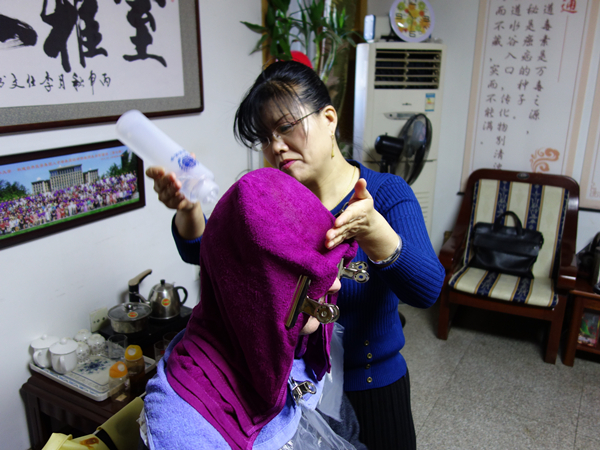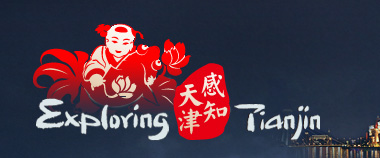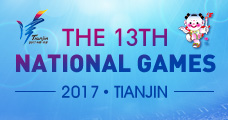I've always associated Chinese medicine with dried plants, exotic elements and endangered animal parts. I imagined it was like the home remedies used as a boy. Things like hot toddies for colds, putting steak on a black eye, or rubbing a doc-leaf on a nettle sting. Some traditional practices, I have heard argued, like using urine for chilblains, have some merit. Other treatments once prescribed, like drinking sea water and tinctures of arsenic or mercury, are now considered more toxic than tonic.
Modern medicine isn't always consistent over time either. Advice, especially on diet, seems to regularly change as more research is collected. This general lack of certainty makes my preferred choice of treatment, if possible, to do nothing. Of course, there are always exceptions and there is also room for remedies that make me feel better, even if they have no proven curative effect; for example, the hair of the dog for a hangover, or a cup of strong tea for everything else.
But there are many people in the west that are turning to alternative medicines, if not for serious illness, at least for minor ailments and for preventive methods through changes in lifestyle and diet. Many involve practices that, while not traditional, have ideas that would be familiar to Chinese people today and considered not very alternative to western cultures of the past.


 Daily life
Daily life




